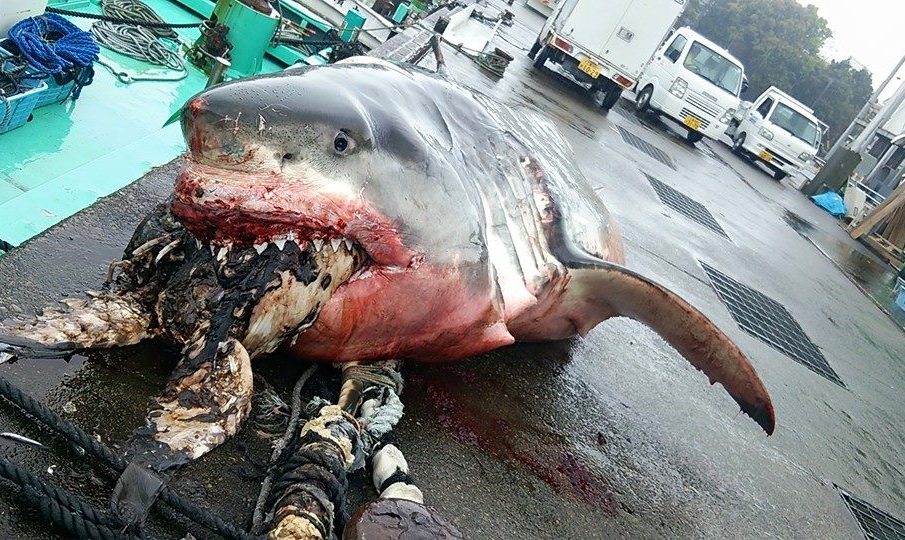Understanding Great White Sharks: Guardians of the Ocean

Introduction
Great white sharks, scientifically known as Carcharodon carcharias, are one of the most powerful and fascinating marine predators. Their importance in marine ecosystems is unparalleled, as they play a crucial role in maintaining the balance of the ocean’s food chain. With ongoing research and conservation efforts, the relevance of great white sharks is more significant than ever, as their populations face threats from overfishing and habitat loss.
Current Events and Research
Recent studies have highlighted the plight of great white sharks as their populations continue to decline due to human activities. A report published by the International Union for Conservation of Nature (IUCN) announced that great white sharks are classified as vulnerable, with estimates suggesting that their numbers have decreased by over 50% in the last few decades. Conservationists are working hard to address these issues through new initiatives aimed at protecting their habitats and promoting sustainable fishing practices.
In Australia, where great white sharks are protected under national laws, researchers have been deploying satellite tracking technology to monitor their movements and behaviours. This innovative approach not only provides insight into their migration patterns but also helps identify critical habitats essential for their survival. Additionally, studies have shown that these sharks are often spotted in waters near popular surfing and swimming areas, creating a necessity for education and awareness about shark encounters among the public.
Significance to Marine Ecosystems
Great white sharks are often referred to as apex predators, meaning they are at the top of the food chain with few natural enemies. This status allows them to keep the populations of other marine species in check, which helps maintain biodiversity in the oceans. By managing the populations of seals and other marine mammals, great white sharks indirectly support the health of underwater ecosystems. A rise or fall in their populations can cause significant ripple effects across these systems.
Conclusion
The future of great white sharks relies heavily on global conservation efforts and public awareness. As efforts to protect these essential predators grow, the marine ecosystems they inhabit will likely become healthier. Educating people about the ecological importance of great white sharks will not only help dispel myths and fear surrounding these creatures but also encourage respectful coexistence. As researchers continue to study their habits and habitats, one can only hope for a resurgence in great white shark populations, preserving their legacy as guardians of the ocean.









